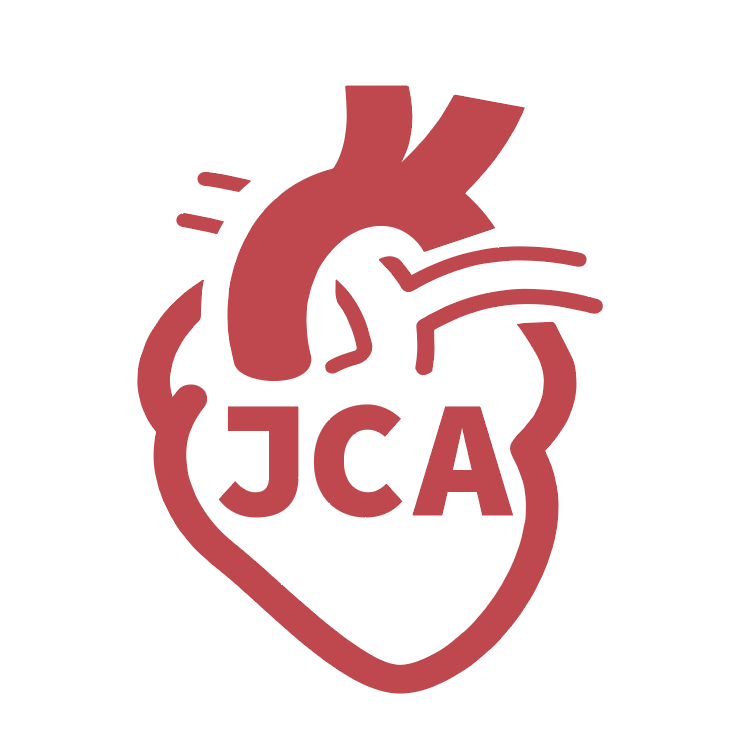fig2

Figure 2. Overview of activity-related, nutritional, and hormonal changes in heart failure (HF) leading to muscle loss. HF patients have exercise intolerance and reduced mobility, leading to reduced exercise capacity. Some HF patients have reduced appetite or digestive issues in the gastrointestinal (GI) tract, leading to malnutrition and reduced protein intake, limiting the ability to sustain muscle growth. HF is also associated with increased renin-angiotensin-aldosterone system (RAAS) signaling, which promotes muscle loss over time. Finally, hormonal changes seen in HF, including growth hormone, catecholamine, ghrelin, and testosterone signaling, all drive an imbalance in catabolism over anabolism, resulting in muscle loss.








